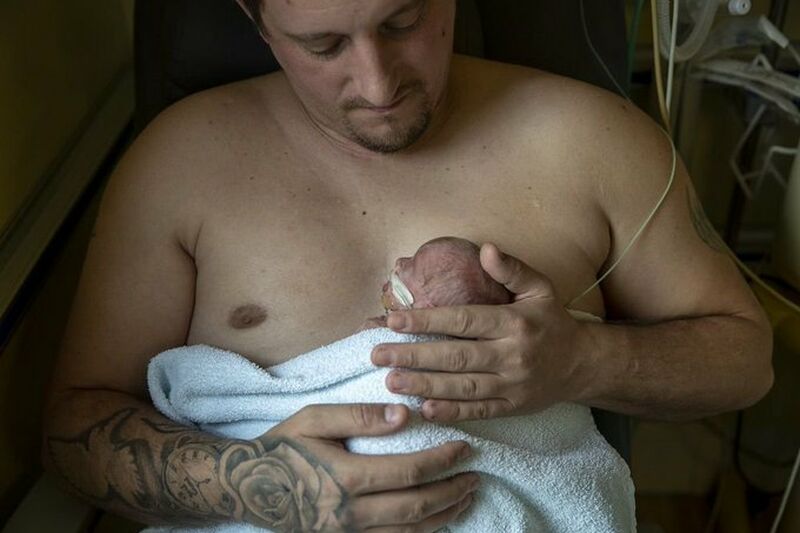One in seven babies born in the UK will need some form of medical care after they are born - this is called neonatal care. Many babies will only need to spend a few hours or days in hospital, but some will need weeks or months of lifesaving care until they are well enough to go home. Sadly, some babies will never go home at all.
More babies are being born needing neonatal care every year. Doctors, nurses and allied health professionals do exceptional work to keep the NHS' tiniest patients alive - but our neonatal services are under pressure:
- There is a severe shortfall of neonatal nurses, doctors and other professionals. Bliss' own research has shown that more than 2,000 extra nurses are needed in England alone and two thirds of units do not have enough doctors in post (Bliss, 2015).
- A quarter of the sickest babies are born in a hospital which isn't suited to their needs (NNAP, 2018). For the most vulnerable babies (born below 27 weeks gestation) being born in a hospital with the right level of neonatal unit onsite has been shown to improve mortality and morbidity outcomes (Gales, 2019).
- There is wide and unwarranted variation in neonatal mortality rates across the UK, and neonatal mortality rates have risen among Black and Asian babies (MBRRACE-UK, 2019)
- Thousands of parents, dads and partners in particular, have no choice but to return to work while their baby is still in hospital. Bliss' own research found 95% of dads felt their paternity leave was not long enough, and two thirds of dads had to return to work while their baby was still sick in hospital (Bliss, 2019)
